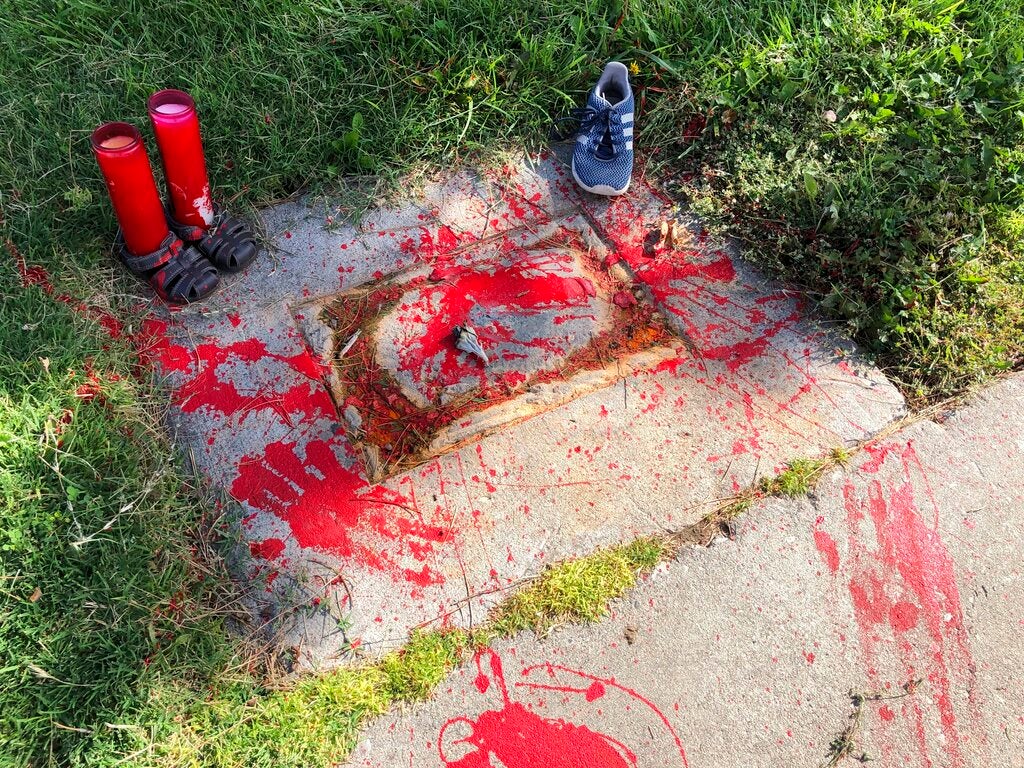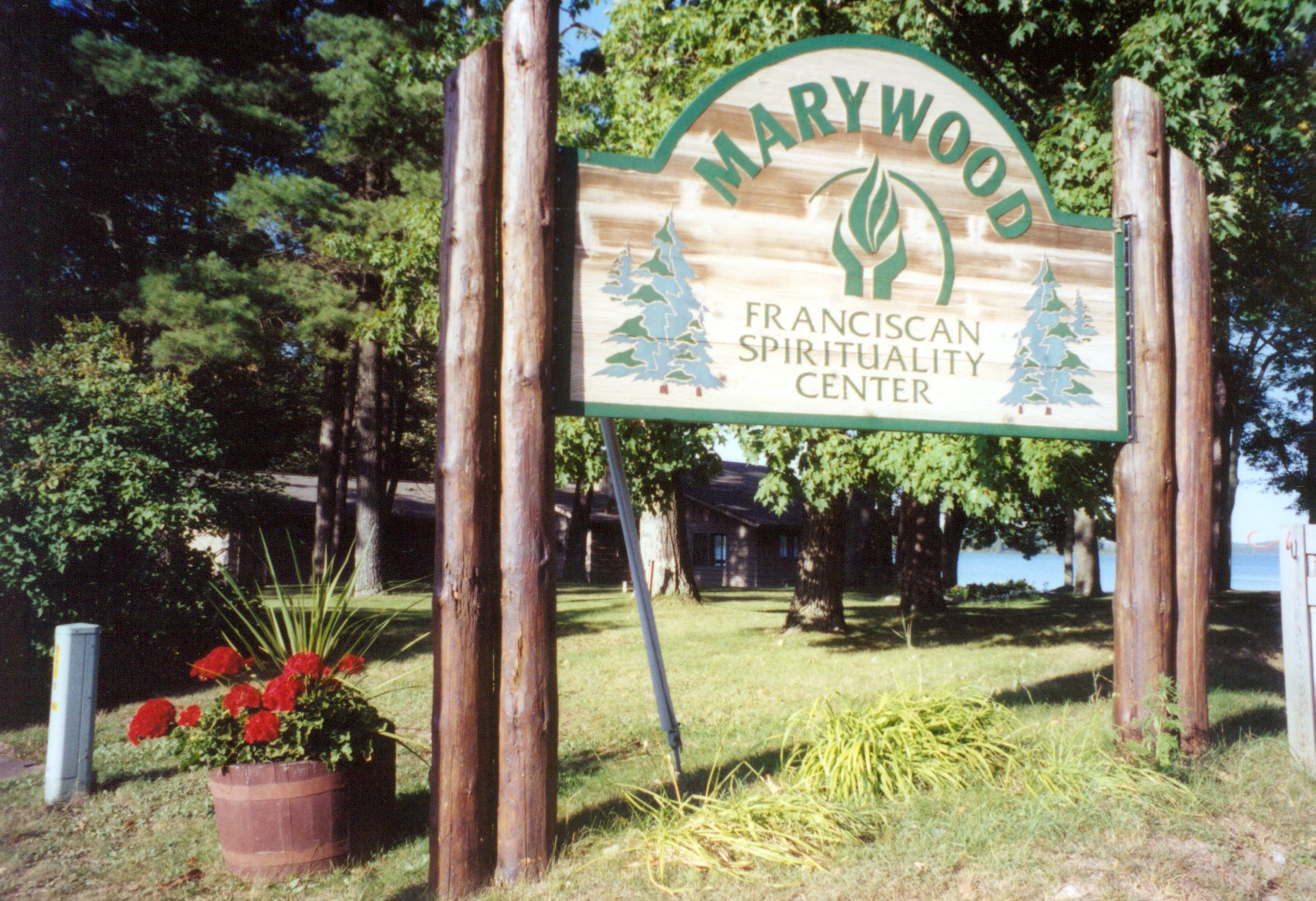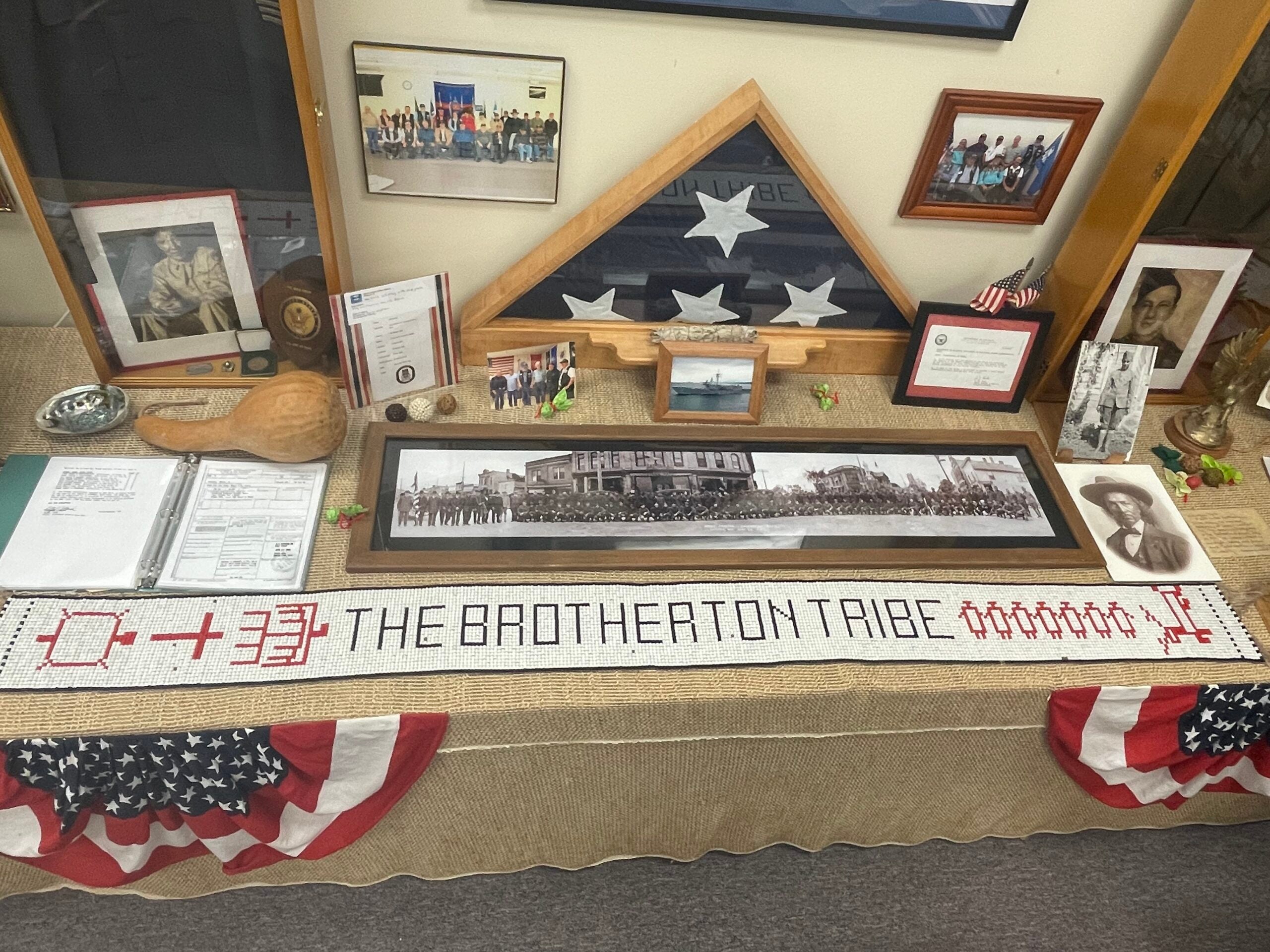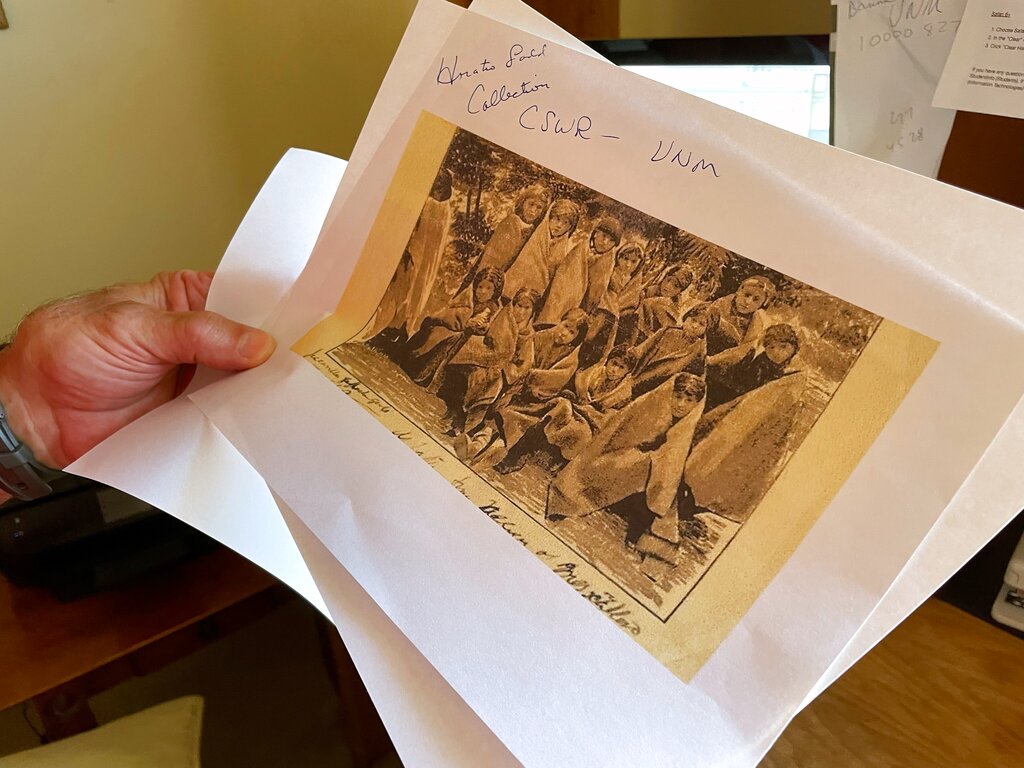President Joe Biden’s formal apology for federally funded Native American boarding schools is a step in the right direction, some tribal citizens say, but the legacy of forced assimilation at the schools can affect families to this day.
Last month, President Biden formally apologized for the federal government’s role in funding boarding schools for Native American children for 150 years.
Mary Annette Pember is a national correspondent for Indian Country Today. On WPR’s “Wisconsin Today,” Pember said she was struck by Biden’s remarks, in that he didn’t try to play down the government’s involvement in the tragedy. Pember is a citizen of the Red Cliff Band of Lake Superior Chippewa.
News with a little more humanity
WPR’s “Wisconsin Today” newsletter keeps you connected to the state you love without feeling overwhelmed. No paywall. No agenda. No corporate filter.
“Of course, there were no ‘deliverables’ associated with the apology, but he didn’t try to qualify what happened and I thought that was really crucial,” she said.
Nearly 1,000 Native American children died after being forced to attend the schools, according to an Interior Department report, though the department said the true number of child deaths is likely much higher.
The department’s report also calls for the returning of land that housed the boarding schools to the tribal nations to set up memorials for the children who were separated from their families.
National Native American Boarding School Healing Coalition Treasurer Travis Miller joined Pember on WPR’s “Wisconsin Today.” Miller is a member of the Stockbridge-Munsee Band of Mohican Indians. Miller said one of the most important aspects of returning the lands that housed boarding schools to the affected tribes is that many of the lands still hold the remains of children who passed away while forcibly in custody of the schools.
“There may still be burial sites that have not been identified,” he said. “There may be cultural resources held at these institutions. So when we think about the return of the land, we think about the return of what comes with that land.”
Both Miller and Pember’s families have lasting scars from the boarding schools. In Pember’s upcoming book “Medicine River,” she details her mother’s experience of being forced to attend a seminary in the 1930s and how that experience affected their relationship.
“She often spoke about the sister school and the real emotional and physical pain of attending the school,” Pember said. “I think it was sort of a trauma and a subsequent PTSD that she never really fully recovered from.”
“She talked to me as a child. It was sort of my fairy tales, if you will. I think she often cleaned them up a little bit so that she would often come out on top, for my benefit. But I was always very aware of the impact of the sister school on her and in many ways, you know, she passed on a torch for me to tell her story.”
The schools leave a lasting, generational impact on Native American families. Miller said many of his grandparents and great-grandparents were forced to attend the schools. While growing up, Miller remembers noticing how his grandfather wouldn’t participate in cultural ceremonies or activities with the rest of his people.
“And as I grew and matured and started understanding more of this boarding school policy history and the impacts it had on him, it really allowed me to look at it from a different perspective,” Miller said.
“There were times when I would get upset when he would make jokes about our ceremonies. It’s definitely been part of my healing as well, understanding what he went through, what his father went through . . . that trickles down from generation to generation. It really impacts the preservation of your cultural practices, your beliefs, your world views.”





